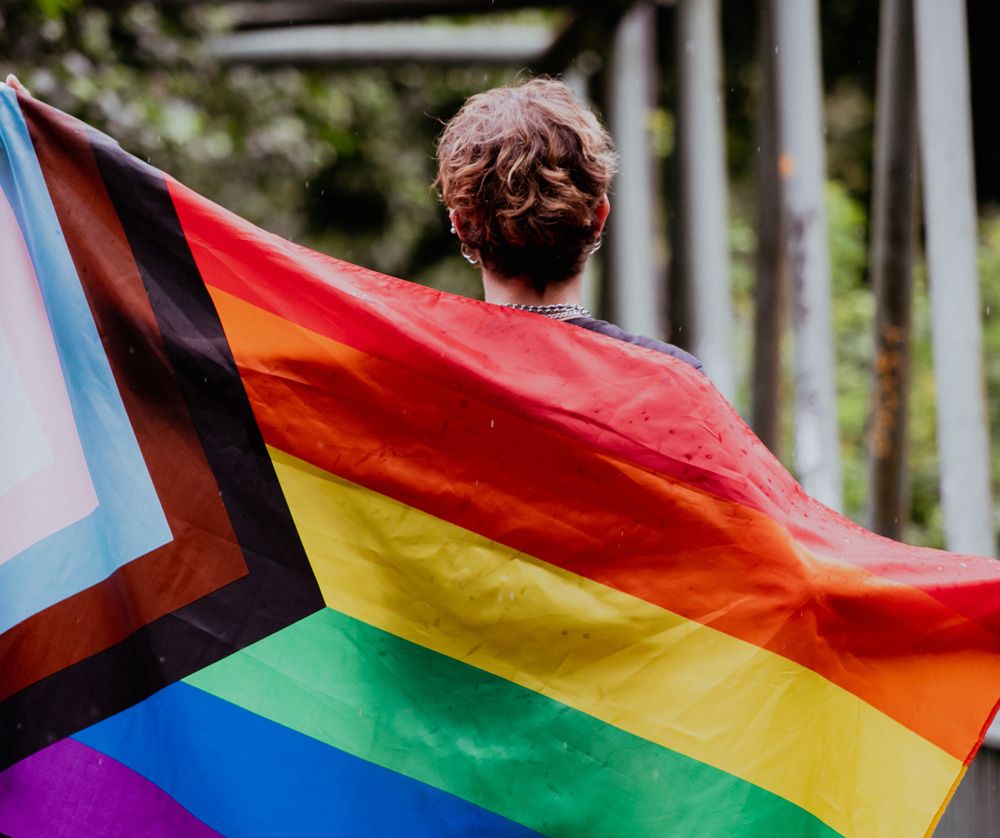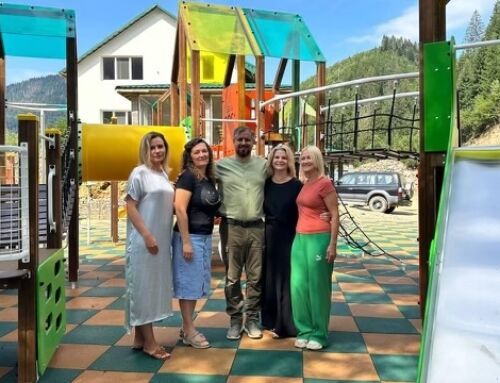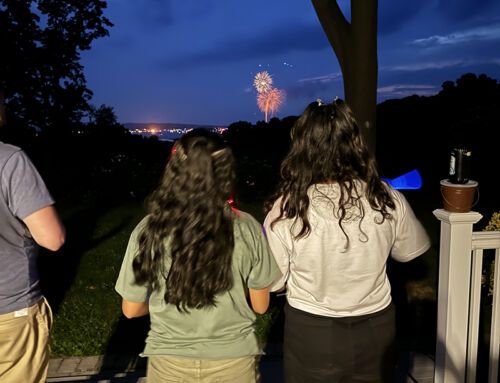“All young people, regardless of sexual orientation or identity, deserve a safe and supportive environment in which to achieve their full potential.” — Harvey Milk

According to the CDC, safe, stable, nurturing relationships are essential for proper human development, but for many kids in foster care, this kind of balanced, healthy support is often hard to find. This can be especially true for LGBTQ+ youth in foster care. Not only are they over-represented within the foster care system and the homeless population, but they may also encounter various traumatic experiences because of their identity. Therefore, it’s important to raise awareness of the difficult situation they are facing, and learn how to create a welcoming and affirming home for them.
LGBTQ+ Youth in Foster Care
LGBTQ+ youth are over-represented in the foster care system, which means that the percentage of youth in foster care who identify as LGBTQ+ is larger than the percentage of LGBTQ+ youth in the general youth population. A study from UCLA shows that “there are between 1.5 to 2 times as many LGBTQ youth living in foster care as LGBTQ youth estimated to be living outside of foster care.”
Some LGBTQ+ youth enter the foster care system for the same reasons as non-LGBTQ+ youth – their birth families are unable to provide them a safe and nurturing environment because of abuse, drug or alcohol use, mental illness, and so on. However, many LGBTQ youth have the added layer of trauma of rejection and maltreatment because of their gender and sexual identities.
Even within the foster care system, LGBTQ+ youth are more likely to experience verbal and physical abuse than their non-LGBTQ+ peers. The aforementioned study from UCLA says that “12.9% of LGBTQ youth report being treated poorly by the foster care system compared to 5.8% of non-LGBTQ youth.” The maltreatment they face forces many to exit the system and become homeless.
LGBTQ+ Youth and Homelessness
LGBTQ+ youth are also over-represented in the homeless population compared with the general population. Some reasons are the same as why they enter the foster care system. Other reasons include maltreatment in the foster care system and aging out of the foster care system. According to the Trevor Project, “28% of LGBTQ youth reported experiencing homelessness or housing instability at some point in their lives.”
Experiencing homelessness creates even more of a long-term negative impact for LGBTQ+ youth. The Trevor Project study shows that LGBTQ+ youth who experienced homelessness had two to four times the odds of reporting depression, anxiety, self-harm, considering suicide, and attempting suicide compared to those with stable housing. Homelessness also increases the youth’s risk of substance use, risky sexual behavior and victimization.
Fortunately, these traumas can be mitigated by foster and adoptive families who acknowledge, respect, and support their identity, which allows them to thrive under a safe, nurturing, supportive, and welcoming environment.
How Can You Help?
Creating a welcoming and affirming environment for LGBTQ+ youth means to build trust with them and make them comfortable to express who they are. Here are some guidelines to follow no matter if you are a foster parent, adoptive parent, or someone who cares about the well-being of LGBTQ+ youth.
- Educate yourself about the knowledge of LGBTQ+ identity. Learn about the important terms and common misconceptions. This is an important first step to understand and accept who they are.
- Avoid behaviors that reject LGBTQ+ identity, such as slurs or jokes about gender and sexuality. Make it clear to the youth that you are against these behaviors and why they are inappropriate.
- Encourage and celebrate the expression of LGBTQ+ identity. For example, display rainbow signs, and talk about LGBTQ+ role models. Make sure they know that their identity is welcomed.
- Be an active listener and show full support when they disclose their LGBTQ+ identity or related experiences. Show your understanding and let them know that they can trust you. Help them heal the traumas they have experienced because of their identity.
- Show respect for their identity, which manifests in a lot of ways – their decision to come out, their willingness to disclose their experiences, their choice of participating in certain activities, etc. – give them the freedom to be who they are!
- Connect them with other LGBTQ+ friends and families, and find resources and organizations that help and support LGBTQ+ community. Make sure they know that they are not alone.
About Kidsave
Kidsave is a 501(c)(3) charity that helps older youth in foster care find mentorship and loving forever families. Through our Weekend Miracles and Summer Miracles programs, we connect older kids in foster care who are so often overlooked and forgotten with caring adults to serve as mentors, hosts, and forever families. To learn more about how we work on behalf of all kids and all families, visit https://www.kidsave.org/our-values/.




